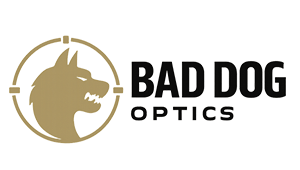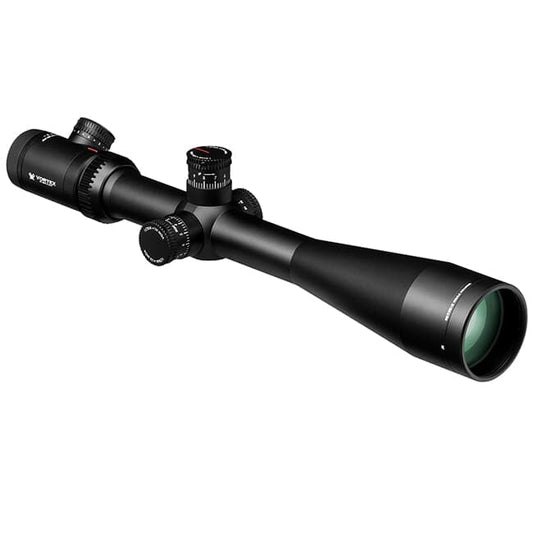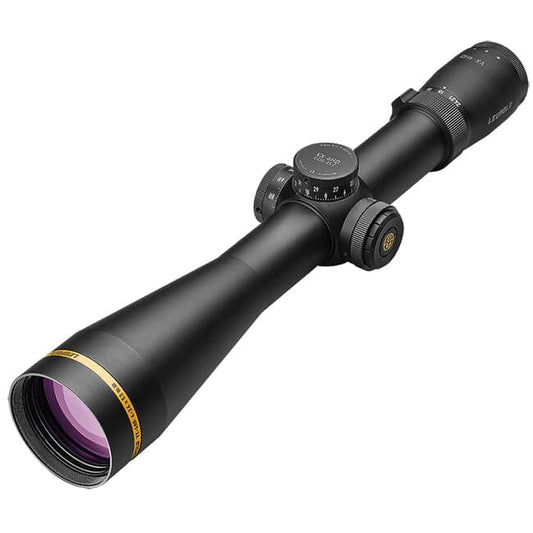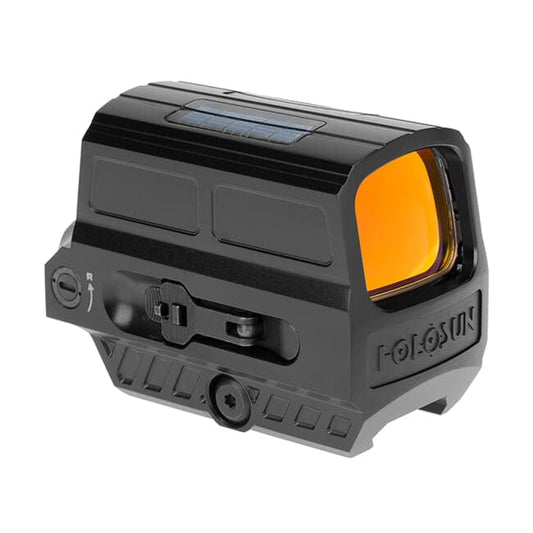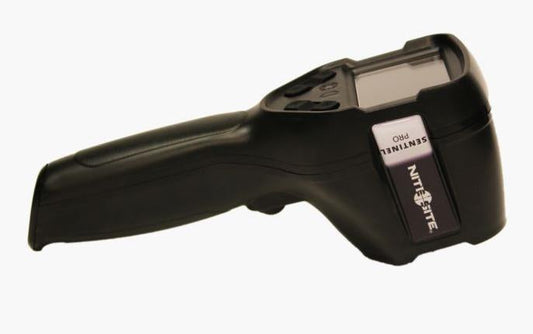

NiteSite Sentinel Pro Handheld Infrared Night Vision Unit provides exceptional clarity for nighttime wildlife observation. Utilizing advanced 940nm infrared technology, this unit delivers sharp images in complete darkness, ensuring stealthy viewing without attracting attention. Its lightweight and compact design allows for comfortable handling during extended use, making it ideal for camping, hunting, or nighttime exploration.
Designed for ease of use, the Sentinel Pro features a simple on/off switch for quick operation. With an identification range of up to 100 meters, you can observe your target from a safe distance. The fixed focus ensures you capture clear images, while its silent operation keeps you undetected. This handheld infrared device blends practical performance with user-friendly features for a seamless outdoor experience.
Features:
- LIGHTWEIGHT DESIGN for easy handling during extended use.
- CRYSTAL CLEAR VIEWING with 940nm Infra-Red technology for unmatched night visibility.
- USER-FRIENDLY On/Off switch makes it simple to operate.
- IDENTIFICATION RANGE of up to 100m ensures you see what you need.
- SILENT OPERATION keeps you undetected while spotting wildlife.
- VARIABLE BACKLIGHT adjustment enhances clarity in different environments.
- BELT POUCH INCLUDED for convenient storage and transport.
- 12-MONTH BATTERY WARRANTY offers peace of mind on your investment.
Technical Specifications Table
| Specification | Details |
|---|---|
| Weight | Lightweight Design |
| Battery Type | 12V Lithium Polymer |
| Infrared Wavelength | 940nm |
| Identification Range | Up to 100m |
What’s in the Box?
- 1 x NiteSite Sentinel Pro Handheld Unit
- 1 x 12 volt lithium polymer charger with charging indicator
- Belt Pouch
- 1 x Quick start guide
- 1 x 24-month guarantee card (Battery guaranteed for 12 months)
Customer Reviews
"The best night vision unit I've ever used! It’s super easy to carry and gives clear images." - Jamie T.
"Perfect for scouting. I love how lightweight it is; I can use it for hours!" - Alex W.
FAQ
How does the NiteSite Sentinel Pro compare to other night vision devices?
The Sentinel Pro is unique in its combination of portability and ease of use. Unlike traditional night vision scopes, this handheld unit offers silent operation and a lightweight design, making it ideal for both casual observers and serious hunters alike.
Is the infrared light visible to animals?
The 940nm infrared light used in the Sentinel Pro is designed to be invisible to most wildlife, allowing you to monitor animals without disturbing them. This feature makes it perfect for those looking to keep a low profile while hunting or observing.
Similar Models
If you’re interested in exploring more advanced optics, check out our extensive NiteSite collection. Discover models like the NiteSite Wolf for enhanced precision shooting or the NiteSite Lite for additional lightweight options. Browse our full selection today to find the perfect product tailored to your outdoor adventures.
You May Also Like
Here’s some of our most similar products people are buying. Click to discover trending style.
